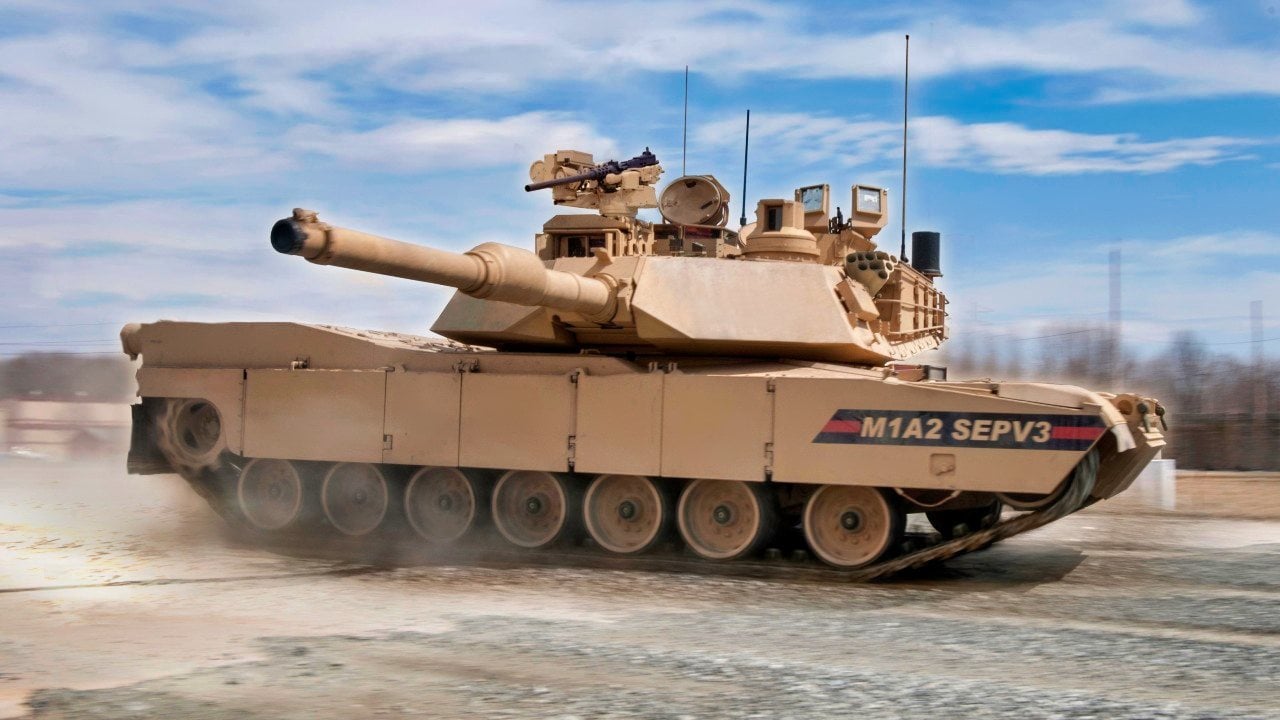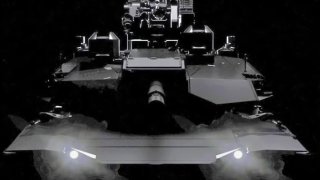The U.S. Army's AbramsX Tank Might Be a Historic Mistake
Regardless of the AbramsX model’s performance relative to rival MBTs, the Army may not be able to justify pouring so many funds into a military system, the tank, that can be so easily destroyed in combat.
Summary and Key Points: The heavy losses of main battle tanks (MBTs) in the Russia-Ukraine conflict have sparked debate over their future viability. While tanks have proven crucial in Ukraine, their vulnerability to advanced anti-tank weapons raises questions about whether they are worth the investment.
-Despite these concerns, the U.S. is developing the AbramsX, a new hybrid-electric MBT designed to be lighter, faster, and more fuel-efficient.
-However, the reliance on large lithium battery packs introduces new vulnerabilities, leading some analysts to question whether the significant costs of developing such advanced tanks are justified, especially given the ease with which tanks can be destroyed in modern combat.
AbramsX: Is the U.S. Army’s New Hybrid-Electric Tank Worth the Risk?
The decimation of main battle tanks in the fighting between Russia and Ukraine has some analysts wondering whether these military systems are still worth the cost.
Armored vehicles have played pivotal roles in warfare since their introduction to combat more than a century ago. Useful for breaking enemy lines in warfare, transporting troops, and providing unmatched versatility for ground forces, heavy cavalry is a vital component of an armored corps.
Tanks play a leading role in Ukraine, proving they are not obsolete. But the mounting tank losses on both sides also suggests even the most modern MBTs struggle to survive against advanced anti-tank weaponry. Thousands of tanks have been lost since Russia invaded in February 2022. Despite this performance, the U.S. is determined, to develop a costly new hybrid-electric MBT in the near future.
Introducing the Abrams Series of MBTs
The U.S. Army is designing its new AbramsX tank series to be lighter, faster, and more fuel-efficient than its predecessors.
The Abrams tank series has its roots in the Cold War-era MBT-70 program, which sought to develop a replacement for the legendary M60 Patton.
A number of variants emerged over the years. When the M1A1 Abrams was introduced, perhaps its most significant attribute was its Chobham armor, which was made to perform extremely well against HEAT rounds and other shaped charges. It was equipped with a 120 mm main gun, armor-piercing capabilities, a 1,500 horsepower engine, and sophisticated tracking systems.
The upcoming AbramsX is designed to outmatch its counterparts in future conflicts. With a reduced weight, the new variant will require half the fuel consumption. The tank will also reportedly feature an embedded artificial intelligence capability and a new lightweight XM360 gun.

Is the New AbramsX Worth the Cost?
While the AbramsX’s hybrid electric power source comes with plenty of advantages, analysts have pointed out potential drawbacks of running on battery power.
As explained by Stephen Bryen for Asia Times, the need for large lithium battery packs to power the new tank series could be consequential: “Battery packs are heavy and expensive and they also are dangerous because they can explode if hit by shrapnel or if a mine blows out the tank’s bottom. While we don’t know the size of the battery the Army will opt for, it will have to be big enough to power a heavy tank – meaning the battery could weigh a few tons. This creates a vulnerability that does not exist today and raises questions on whether it makes sense to go in the hybrid direction.”
Regardless of the AbramsX model’s performance relative to rival MBTs, the Army may not be able to justify pouring so many funds into a military system, the tank, that can be so easily destroyed in combat.
About the Author: Maya Carlin, Defense Expert
Maya Carlin, National Security Writer with The National Interest, is an analyst with the Center for Security Policy and a former Anna Sobol Levy Fellow at IDC Herzliya in Israel. She has by-lines in many publications, including The National Interest, Jerusalem Post, and Times of Israel. You can follow her on Twitter: @MayaCarlin.
All images are Creative Commons Photos.


